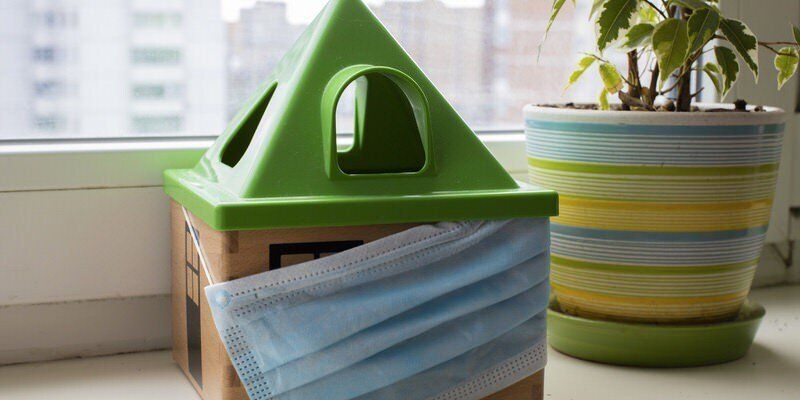Questions About Appraisals During COVID-19
If you’re looking to purchase or refinance a property while most of Canada is self-isolating to stop the spread of COVID-19, you probably have some questions around how the pandemic is impacting appraisals.
If you’re looking to put a plan together that involves mortgage financing, the best place to start is to contact us directly. We would love to work with you!
However, here a few questions that you may be asking about appraisals and some general information.
1. Can I get an appraisal without having someone come into my property?
Rest assured that to prevent the spread of COVID-19, it is possible to have an appraisal completed without anyone coming into your personal space to view and assess the property.
Instead, the appraiser will use information from MLS data, municipal permits, and property assessment information, as well as information provided by the client or owner to find the property’s value.
Be aware that as the provincial government starts reopening and loosening regulations around social distancing and self-isolation, this might change.
2. Is there anything I can provide to assist with the appraisal?
As the appraiser won’t be able to assess the property physically, consider providing some interior photos. Your pictures could then be included in the report in place of photos that they would typically take themselves.
Alternatively, if you’re a little more tech-savvy, consider a video tour of your property carried out by a Zoom Call, FaceTime, WhatsApp, or Marco Polo.
In these times, appraisers are very flexible; it’s a good idea to be available, and as helpful as possible.
3. Will the banks accept an appraisal if the property wasn’t physically inspected?
As we’re living in unprecedented times, the real estate industry is taking Public Health Authority guidelines and advice seriously and is working together to help stop the spread of COVID-19. This includes adapting the way business is done, and accepting that alternatives to the ordinary course of business may be required.
At this time, most lenders are accepting property valuation from accredited appraisers, even if the property hasn’t been physically inspected. Your team of real estate professionals will be able to provide you with guidance at the appropriate time.
4. Are property values coming in lower because of COVID-19
While this is a tough question to answer, here are the facts.
An appraiser’s job is to assess the property to establish a value, so that a lender can confidently provide mortgage financing while protecting their investment, making sure there is sufficient equity in case of default.
Establishing property value includes scrutinizing comparable listings; assessing what has sold, at what price, within a reasonable time frame. While also considering how long that property sat on the market.
In the middle of a global pandemic, nothing can be considered normal.
Unfortunately, as we’re living through a time of uncertainty, pessimism and conservatism will most likely lead to lower appraisal values.
As MLS data will undoubtedly show a significant drop in sales activity during COVID-19, it might be harder for appraisers to find “comparable properties” to use in assessing another property’s value. However, if the values of the properties that did sell remain steady, there is cause to believe that appraised values could remain stable as well. Only time will tell.
If you have any more questions, please contact us directly , we’d love to talk with you.
Share
Sign up to to our newsletter to hear weekly updates on market news, timely buyer/seller tips, and up to date rates





